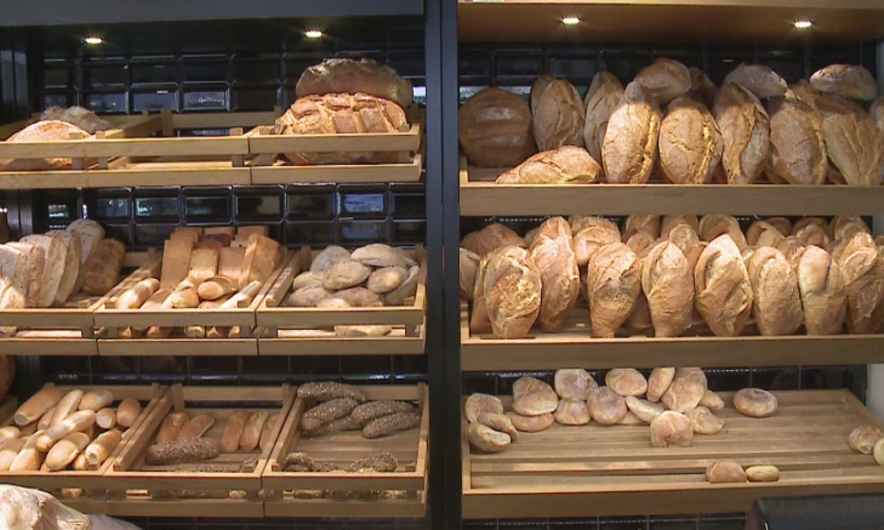
The price of wheat is set to rise in Albania due to sanctions imposed on Russia, when reserves are already at a low, according to the President of the Association of Flour Processors, Adi Haxhiymeri.
Albania imports around 47% of its yearly wheat needs from the Russian market and around 3.3.% from Ukraine, according to Albania’s Institute of Statistics, INSTAT. Wholesalers currently have enough wheat in reserves for 45 days, while government reserves are empty.
While Haxhiymeri said there is little chance of running out completely, he warned prices would rise at a time they have already increased significantly due to the increased cost of transporting goods into the country. This will likely hit Albanians hard as the average wage hovers around €527 a month in the capital, and much lower in more rural areas.
In terms of petrol and gas, Luigi Aliaj from the Association of Hydrocarbon Companies said the country has enough fuel for three months in terms of petrol and gas. With fuel prices already at historic highs, he said it remains to be seen how the situation will develop.
When looking at other areas of foreign trade, Albania traded some €156 million in goods with both Russia and Ukraine in 2021, dominated by imports. When looking at overall trade, Albania imported 99.5% of the trade volume while exporting 0.5%.
Items exported to the countries at war include plants and other agricultural commodities. Albanian drivers attempting to deliver orders last week reported being stopped at the Ukrainian border by Russian troops and unable to complete their deliveries.
While the trade volume with Russia is low compared to other countries, Albania remains highly dependent on cereals, consumable oils, and fuel oil. With almost half of domestic cereal consumption coming from Russia, 12% of domestic oil products also come from the country.
There are also implications for those with indirect dependence on Ukrainian and Russian markets. Ukraine is the largest producer and exporter of cereals and sunflower oil globally, much of which is exported to Italy. As well as buying directly from Ukraine, Albanian wholesalers buy significant amounts from Italy and other states that may be supplied by Ukraine or Russia.
Haxhiymeri said wholesalers are currently scrambling to find new suppliers in France, Argentina, and Romania, but such imports will come with a higher cost. Some bread market players have said that if the conflict and sanctions continue, it may no longer be possible to even produce bread and related wheat products.
Albanian tourism is also expected to take a hit. In 2021, the number of Ukrainian tourists increased by 39,000 visitors between July and August. This was an increase of 65% when compared to before the pandemic. Furthermore, Ukrainian tourists accounted for almost a quarter of all charter flight traffic.
Experts predicted 2022 would be a bumper year for Russian and Ukrainian tourists in the country. Besnik Vathi, head of a local travel agency told Monitor that the war will have “catastrophic consequences” in all tourist markets, including Albania.
Rrahman Kasa from the Albanian Tourist Union said the negative impact will not be limited just to cancellation of bookings, but in the commissions and referrals earned by tourism agencies.
“When bookings are cancelled, it has a chain effect as they claim the money back and the tourism facilities in the country are in trouble. This happened after the 2019 earthquake and the pandemic,” Kasa said.

